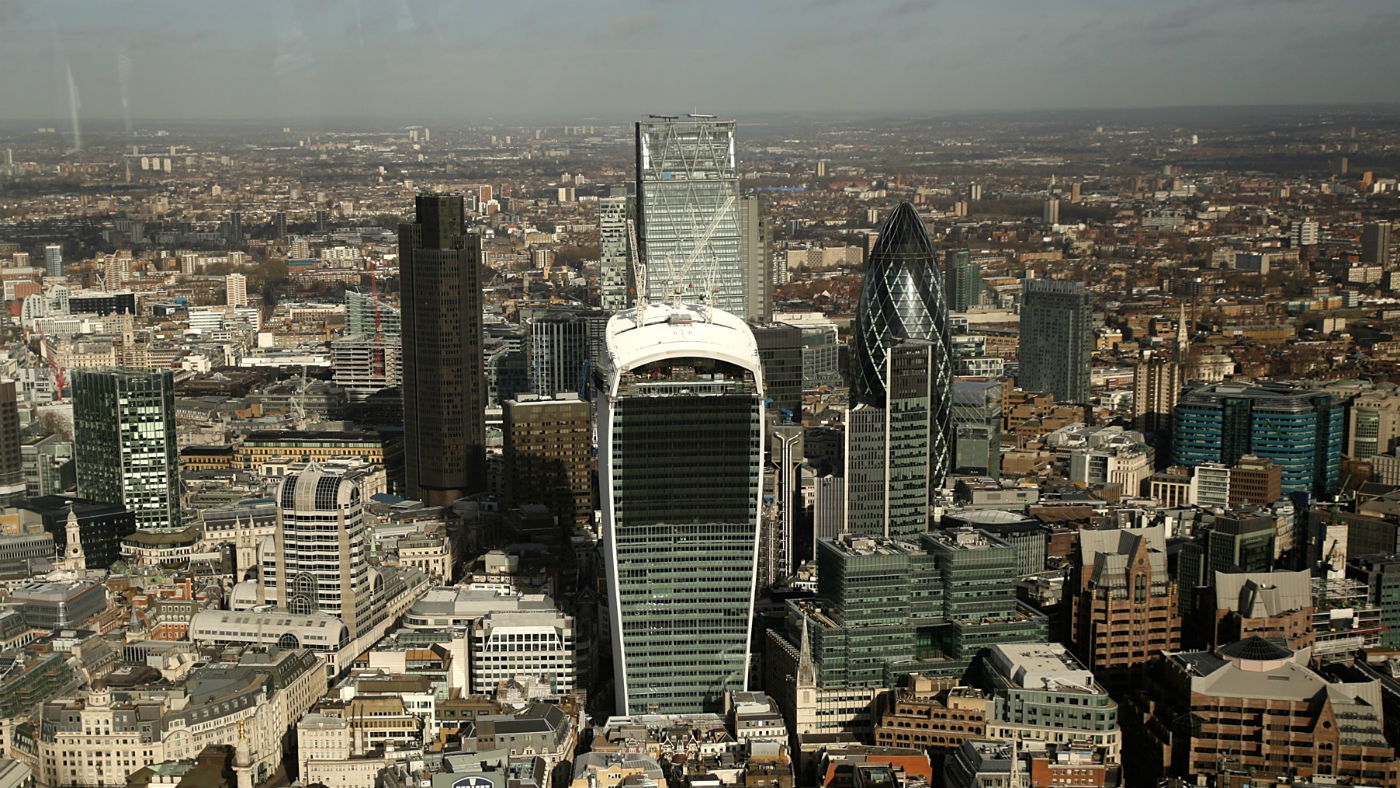May 'waters down' fat cat pay reforms
Labour and unions say new rules on executive pay and corporate transparency are 'feeble'

A free daily email with the biggest news stories of the day – and the best features from TheWeek.com
You are now subscribed
Your newsletter sign-up was successful
Theresa May has been accused of reneging on a pledge to make companies more accountable and tackle excessive corporate pay.
Under reforms outlined by the Business Secretary Greg Clark yesterday, firms will be forced to reveal how much their chief executives are paid in comparison to their lowest-paid worker. Companies will also be encouraged to represent workers on boards.
The government says the plans will increase boardroom transparency in publicly listed companies, making them more accountable to employees and shareholders - but they have been roundly criticised by Labour and the trade unions.
The Week
Escape your echo chamber. Get the facts behind the news, plus analysis from multiple perspectives.

Sign up for The Week's Free Newsletters
From our morning news briefing to a weekly Good News Newsletter, get the best of The Week delivered directly to your inbox.
From our morning news briefing to a weekly Good News Newsletter, get the best of The Week delivered directly to your inbox.
TUC General Secretary Frances O'Grady labelled the reforms "feeble", while Labour accused the government of "watering down" promises to increase worker representation.
When she was running for the Tory leadership, May promised to force companies to have at least one employee on the board, but later backtracked, saying businesses would not be mandated to implement the move.
Another Tory pledge that failed to materialise is the manifesto promise that executive pay should be approved by an annual vote of shareholders.
The BBC's business editor Simon Jack said: "It is no surprise that today's package of reforms to the way Britain's companies are run has fallen short of the crackdown on fat cat behaviour promised by Theresa May last year.
A free daily email with the biggest news stories of the day – and the best features from TheWeek.com
"The watering-down can has been used liberally since she initially promised workers on boards and binding shareholder votes on executive pay [but] the size of the climbdown is arguably as much to do with the scale of the original ambition as with the feebleness of the final proposals."
A FTSE 100 chief executive takes home 386 times more than a worker on the minimum wage - and May had made tackling the divide, which she called the "unacceptable face of capitalism", a priority of her premiership.
Instead, she has "toned down her criticism after losing her majority in an election that undermined her position in a party that has for decades encouraged a low-key approach to corporate regulation", reports Reuters. She has also worked to ease strained relations with business leaders to secure their support for her plan to leave the EU.